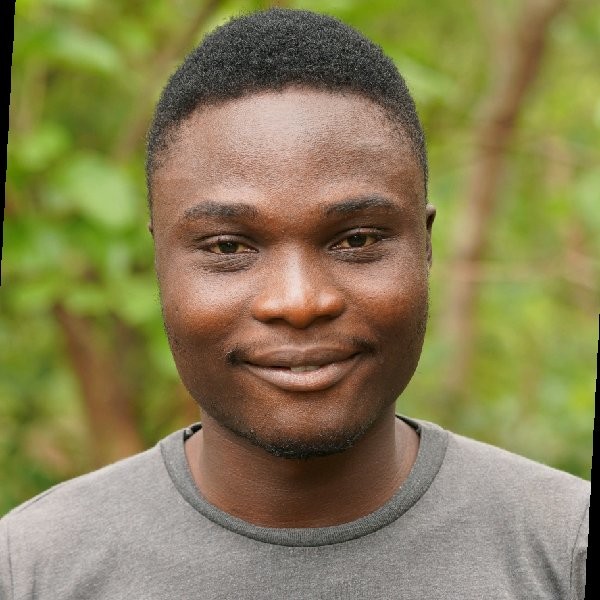Fungi reforestation in Benin
The Sudano-Guinean district of Benin is known as the home of the ectomycorrhizal fungi which was originally discovered in 2010.
Russulate fungi (Russula cellulata)
Grant Number:
202523304
Awarded Amount:
$6,500
Continent:
Africa
Country:
Benin
Awarded Date:
14/06/2020
The Sudano-Guinean district of Benin is known as the home of the ectomycorrhizal fungi which was originally discovered back in 2010.
The project team embarked on fieldwork and focused in the Bassila forest, Trois-Rivières and Kota gallery forest regions. These forests are large reserves with suitable conditions plus the presence of a permanent watercourse creating an ideal microclimate for the growth of fungi, especially rare species belonging to the Russuales and Cantharellus families. These forests are also degenerated due to high anthropogenic disturbance for wood exploitation, charcoal production, farm activities, transhumance and water collecting.
The distribution model indicates that the species are restricted to the Atacora chain and a few localities in the Donga department. Sadly, conservation of fungi is not considered in the management plans of the forest, which means the Afzelia Africana, the ectomycorrhizal partner of the target species, is disappearing at a rapid rate due to uncontrolled exploitation.
The MBZ Fund assisted the research team to advance conservation of the R. cellulata significantly. They educated the local population on the risk of the disappearance of the species and the role it plays in maintaining a healthy ecosystem. Through dissemination of the results at a local conference in Benin, they managed to highlight the need for urgent preservation of the species to conservation professionals, scientists, and local decision-makers. One of the project highlights saw the reforestation of 5ha of degraded forest landscape with Afzelia Africana to promote the recovery of its populations.
Phase 2 will see the project team targeting an additional 15+ hectares that have been identified as suitable for reforestation.
Project lead by

Mr Basile Gbètondji Hounwanou
Laboratory of Appleid Ecology